NOAH warns that up to half of veterinary products are at risk of being discontinued for the NI market.
NOAH chief executive calls for 'meaningful, constructive discussions'.
The National Office of Animal Health (NOAH) has warned of an 'animal welfare catastrophe' unless changes are made to the Northern Ireland Protocol (NIP).
The animal health organisation fears that up to half of current veterinary medicines could disappear from the NI market should the UK government and the European Commission not reach an agreement by the end of the year.
NOAH chief executive Dawn Howard said: “NOAH member companies are extremely concerned about the implications of the NIP on their ability to fulfil regulatory requirements to maintain product authorisations, as well as its impact on supply chains.
“The full Protocol in its current format will lead to NI specific requirements, from both a supply chain and regulatory perspective, that animal health companies are simply not able to meet. Many products – up to half – are at great risk of being discontinued for the NI market. NI vets and farmers will no longer have the tools they need to protect the animals in their care."
She continued: “The Northern Ireland Protocol Bill is not the answer. Unilateral action taken by the UK will leave our industry, with its global supply chain and rigorous regulatory standards, in an impossible position.
“We need the UK government and European Commission to engage in meaningful, constructive discussions about this matter and develop a long-term solution to these problems to ensure long term availability and supply of veterinary medicines to the NI market.”
Agreed during Brexit negotiations, the NIP is a trading arrangement whereby goods may be transported across the Irish border without the need for checks. Current arrangements are due to cease by end of 2022, with the NIP to be applied in full from January 2023 onwards.
It was anticipated that during this transitional phase, the UK government and the European Commission would decide on a clear course of action for the veterinary sector. However, NOAH says that despite talks recently resuming, there is little indication of such a result being obtained.
Ms Howard added: “We are encouraged by a reopening of dialogue about the NIP, but we need a swift solution for our sector’s problems to avert this potential animal welfare catastrophe.”
Her call echoes similar concerns raised by the British Veterinary Association and the North of Ireland Veterinary Association in recent months.

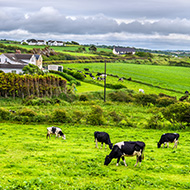

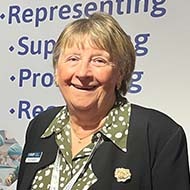
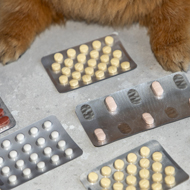
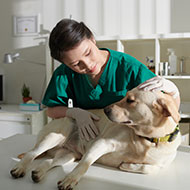
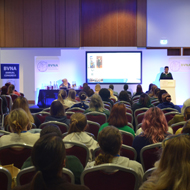
 The latest
The latest 
